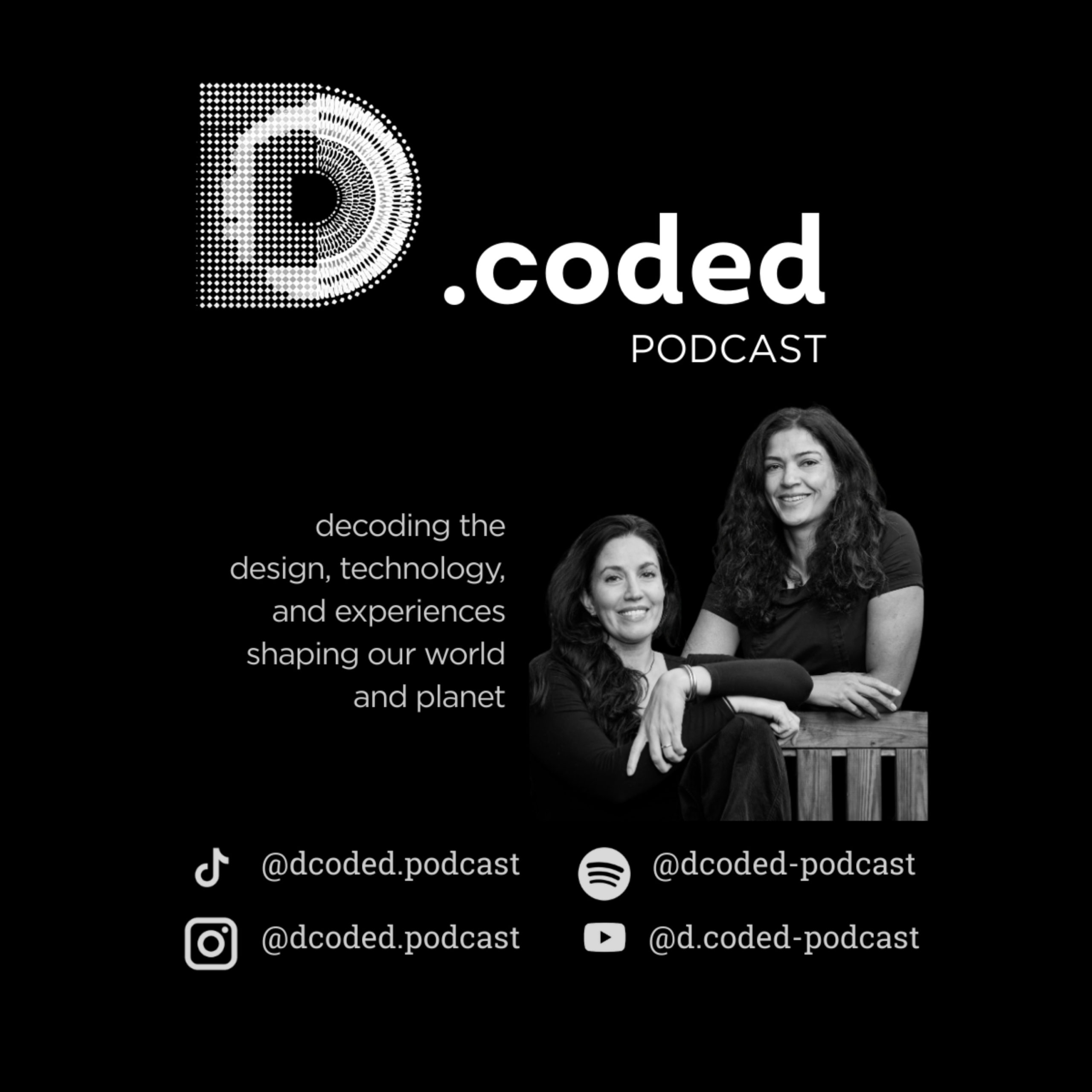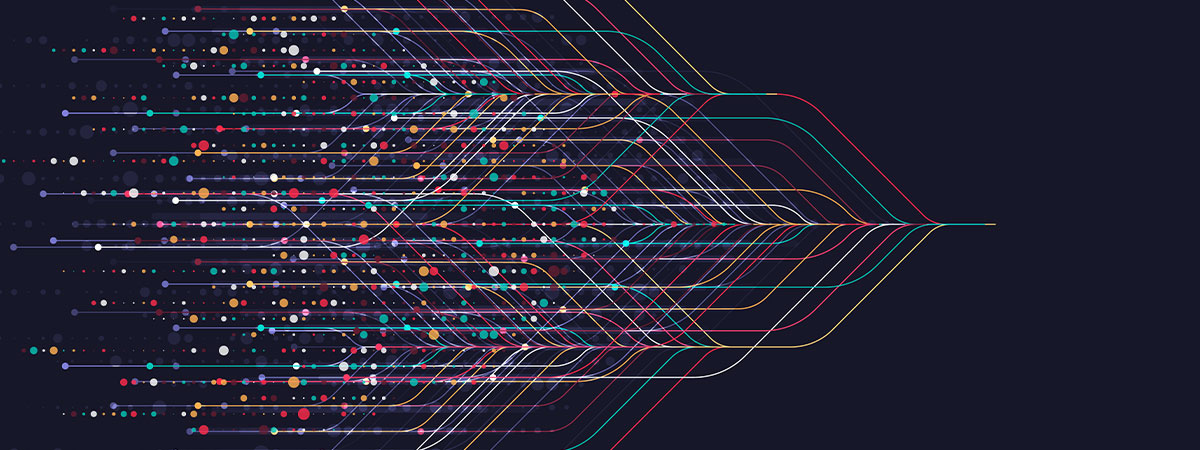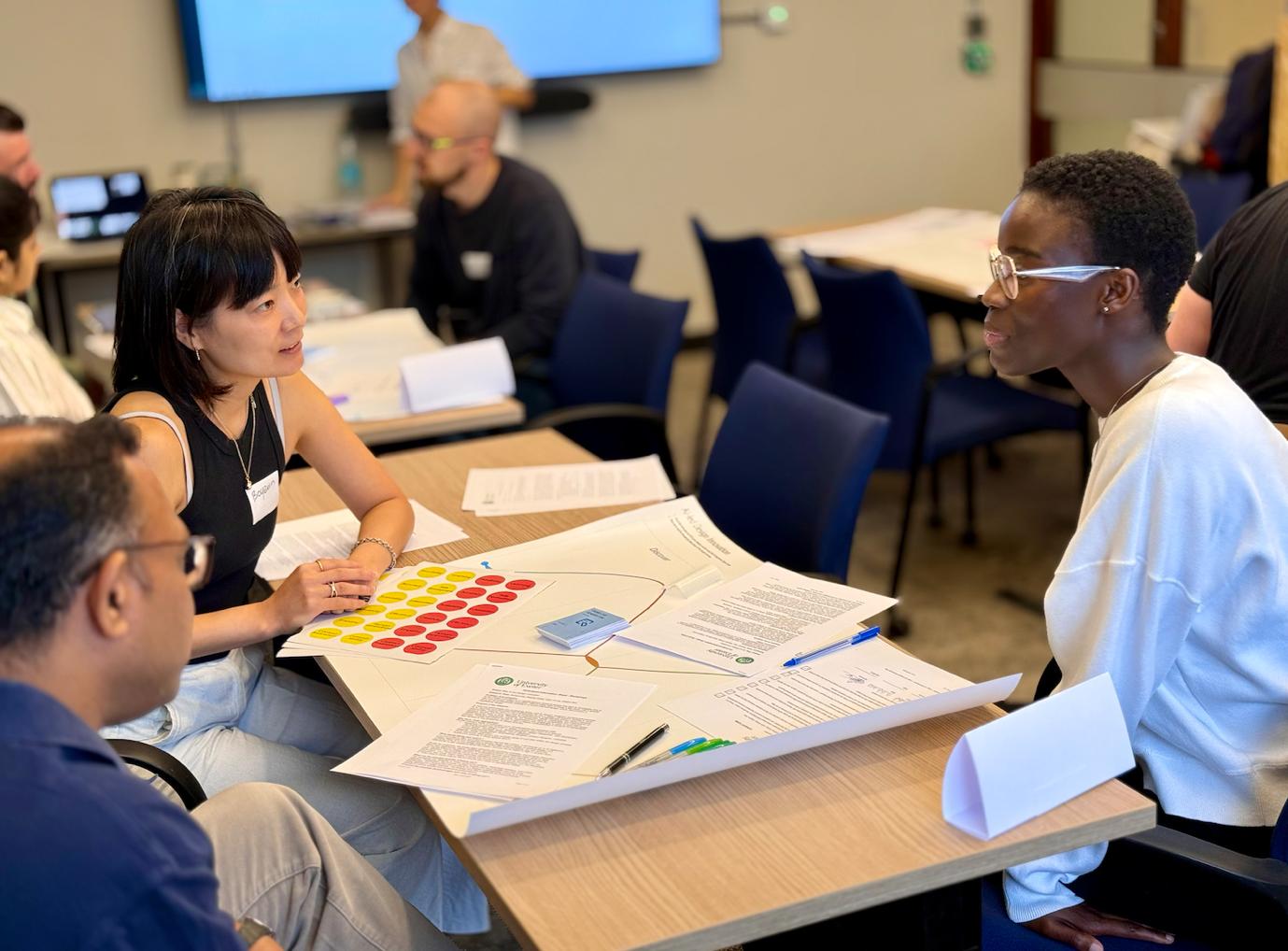I am coming to this story rather late (almost 7 years late, to be precise). But it is fascinating to read Stephen Wolfram’s blog post on “The Personal Analytics of My Life” as a description of both “the quantified self” and as “autoethnography”. I highly recommend you take a look.
https://blog.stephenwolfram.com/2012/03/the-personal-analytics-of-my-life/
Knowing something about how many emails you have sent in your life is interesting. Working out that 7% of the keystrokes you type are backspaces is quite entertaining. But what does it all mean? The more interesting insights from this datalog seem to occur when there is a deeper question being asked about the patterns being seen, the anomalies, the unexpected jolts you receive when several distinct pieces of data are aligned to tell you about a specific event at a particular point in your life. Seeing Stephen puzzle through this data is very helpful to me. It’s a snapshot of how many people have been approaching the task of personal data gathering and analysis.
It is also fascinating to come to this blog post with the perspective of 7 years after it was originally published. The data recorded and discussed here is simply emails, phone calls, and pedometer steps. For one person. Granted, this is over a significant period of time….which is itself rather unusual. But what happens when we have much more data about our lives (such as heart rate variability, energy use, TV programmes we watch, the contents of the fridge, whatever…) and we have that data for families, social groups, firms, and large populations. That is going to move us to a different place entirely in data science and data analytics. The range of insights we could obtain is unending.
Well….maybe. There’s a major hurdle well need to overcome first. We need to learn to ask better questions of the data. You can have all the algorithms, correlations and visualizations in the world. All that matters is that you turn these into actionable insights. To rework a well-used phrase, the capture of personal data is not an end in itself. It is certainly not the beginning of the end for humankind, as many have predicted. But it is quite possible that we’ve come to the end of the beginning where we’re able to get sufficient data in a usable quantity and quality that we’ll be able to ask interesting questions. How we prepare and support people to be able to do that will have huge significance. Now the real fun begins.




